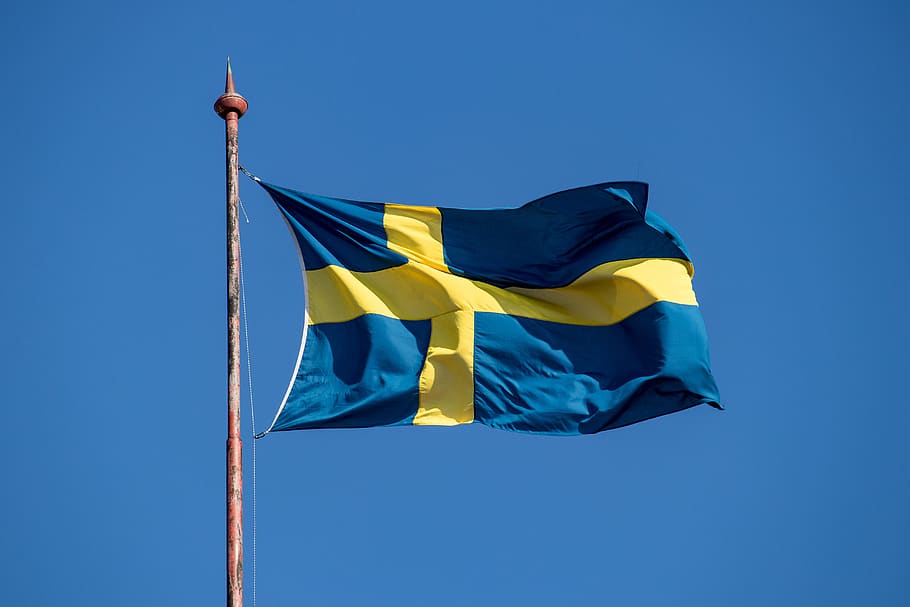Swedish authorities to facilitate return of Sami remains and objects
An estimated 80,000 Sami live in the northern lands of Sweden, Finland, Norway and Russia, where reindeer herding has been the cornerstone of their culture and livelihood. Demands for the return of artefacts and remains have been raised by indigenous peoples since the 1970s and the Swedish government was now looking to expedite those processes, it said.

- Country:
- Sweden
Sweden said on Monday it would return the remains of 18 people to the indigenous Sami people, and ask experts to facilitate handing back more artefacts from the country's museums and universities. The Swedish parliament recognised the Sami as an indigenous people in 1977, but relations with the state have often been oppressive, not least during the heyday of now-discredited racial theories' research in the first half of the 20th century that aimed to determine differences between ethnic groups.
"The Sami people has suffered historically, among other things through the looting of graves and investigations conducted for racial biology research," Sweden's Education Minister Mats Persson said. "That can't be undone, but we must learn from history and do our utmost to ensure it isn't repeated."
The Swedish government said in a statement that it had decided to grant a request by Uppsala University to transfer the remains of 18 individuals belonging to the Arctic people for reburial at the cemetery from where they were once taken. An estimated 80,000 Sami live in the northern lands of Sweden, Finland, Norway and Russia, where reindeer herding has been the cornerstone of their culture and livelihood.
Demands for the return of artefacts and remains have been raised by indigenous peoples since the 1970s and the Swedish government was now looking to expedite those processes, it said. "The return of Sami objects and human remains deals with a process of reconciliation between indigenous peoples and government powers," Culture Minister Parisa Liljestrand said.
"But it is at the same time a complicated process that demands careful investigation and assessments that can sometimes be difficult." The Swedish National Heritage Board was charged with analysing conditions for the return of objects and remains and with delivering proposals for how such processes could be expedited.
The first results of that work would be due by early October next year, the government said.
(This story has not been edited by Devdiscourse staff and is auto-generated from a syndicated feed.)










